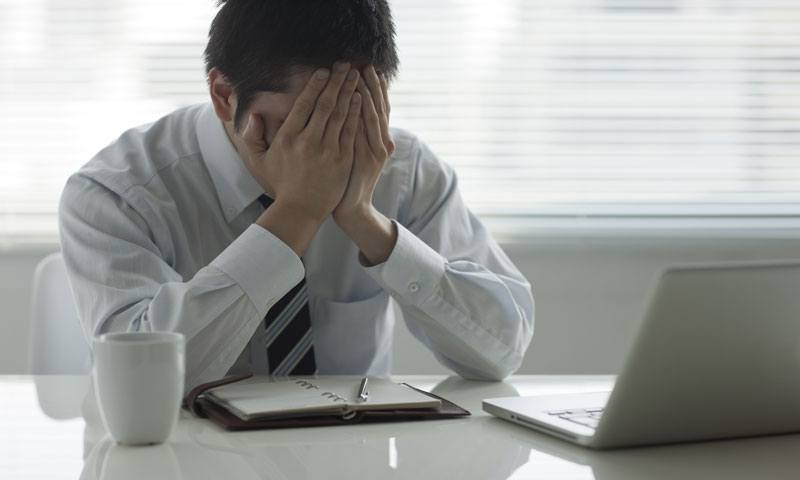Summary: Though many argue that access to better mental health care is the answer to stopping mass shootings, many professionals say the solution is not so cut and dry.
When a mass shooting occurs, as it did yesterday at a college in Oregon, thousands of individuals are quick to blame the country’s methods of helping (or not helping) those with mental illness. If only we had a better system in place, these shootings would not occur, they argue.
However, Newsweek reports that mental illness alone may not be to blame for these horrific events. According to many psychologists and other mental health professionals, most mentally ill individuals hardly ever exhibit any violent behaviors. In fact, only a minority of the individuals behind mass shootings demonstrated symptoms of serious mental issues.
Dr. Jeffrey Swanson, a professor of psychiatry at Duke, commented last year, “If we were able to magically cure schizophrenia, bipolar disorder, and major depression, that would be wonderful, but overall violence would go down by only about four percent.” He added that a 2001 study of mass shooters concluded that three out of four had no history of mental illness.
Additionally, previous measures that attempted to prevent the mentally ill from acquiring firearms did little to reduce the crime rate overall. For example, in 2001, Connecticut added individuals who had been involuntarily committed to mental institutions to the National Instant Criminal Background Check System. Violent crime in this group did drop by over 50 percent, but since they make up such a small proportion of the criminal population, just 14 crimes were prevented. To clarify, that’s 14 violent crimes of any type, not 14 mass shootings. Of course, that’s a good result, but according to Swanson, “It’s like if you had a vaccine that was going to work against a particular public health epidemic, but only seven percent of the people got the vaccine. It might work great for them, but it’s not going to affect the epidemic.”
Read about Jon Stewart’s take on the media and mass shootings.
So, what is the solution? Swanson suggests keeping guns away from those who have demonstrated violent tendencies instead of only those who have been involuntarily committed. Regarding these measures, Swanson explained, “Some of that can be voluntary: I have colleagues who are psychiatrists. When they see patients with serious depression, they counsel them about the danger of having a gun in the house. They have a conversation with family members. You can do a lot without invoking law, by talking to people about harm reduction and locking up guns. Getting family members to voluntarily store guns somewhere else.”
A recent study by Kenneth T. MacLeish and Jonathan M. Metzl of Vanderbilt University noted that the connection of mental health to gun violence was debatable. The study read, “Of course, understanding a person’s mental state is vital to understanding his or her actions. At the same time, our review suggests that focusing legislative policy and popular discourse so centrally on mental illness is rife with potential problems.”
The study adds that linking mass shootings and mental health is too simple. In reality, most individuals with mental illness are more likely to be the victims of crime—most never commit a violent act. Dozens of factors go into mass shootings, such as age, drug and alcohol use, social isolation, the availability of guns, mental illness, and whether the shooter knows the victims (in most cases, the shooter does). Therefore, the issue does not lie with mental illness alone.
Swanson would like to turn the focus to those who have shown violent tendencies instead of those who suffer from mental illness. He said, “If someone has a history of any kind of violent or assaultive behavior, that’s actually a better predictor of future violence than having a mental health diagnosis. If someone has a conviction for a violent misdemeanor, we think there’s evidence, they ought to be prohibited” from owning firearms.
However, changing the laws may be a challenge. Many politicians took to Twitter yesterday to express their condolences to the families of the victims of the shooting, as they often do after these heartbreaking events. Most said something along the lines of, “My thoughts and prayers are with the families.” However, Chris Murphy, a senator from Connecticut, tweeted, “This is on us. Silence from Congress has become quiet endorsement of those whose minds unhinge and veer toward mass violence,” the Huffington Post reported. Additionally, President Barack Obama stated, “Our thoughts and prayers are not enough. It does not capture the heartache and grief and anger that we should feel.”
According to Reason.com, Senator Bernie Sanders posted on his Facebook page, “The American people are horrified by these never-ending mass shootings. Our hearts go out to the families and friends of the innocent victims. As a nation, we must do everything we can to put an end to this awful epidemic of senseless slaughter.
We need a comprehensive approach. We need sensible gun-control legislation which prevents guns from being used by people who should not have them. We must greatly expand and improve our mental health capabilities so individuals and families can get the psychological help they need when they need it. We also have to tone down the incredibly high level of gratuitous violence which permeates our media.
The shouting at each other must end. The hard work of developing good policy must begin.”
One study reported that mass killings occur every 64 days.
Certainly, greater access to mental health care would be beneficial to millions. However, simply providing greater mental health care alone will not reduce the number of shootings in the country. In fact, a British study found that there was little causal relationship between violence and mental illness.
The mental health argument is the latest trend in arguments against violence. Just a few years ago, violent movies, video games, and music were blamed for school shootings. Again, evidence of this relationship is questionable at best. Simply because certain behaviors correlate with violent tendencies does not mean that they cause them.
Source: Newsweek
Photo credit: CNN















































